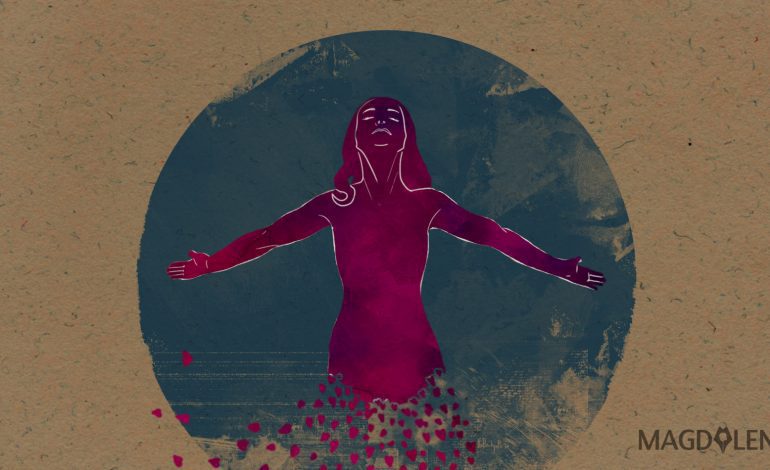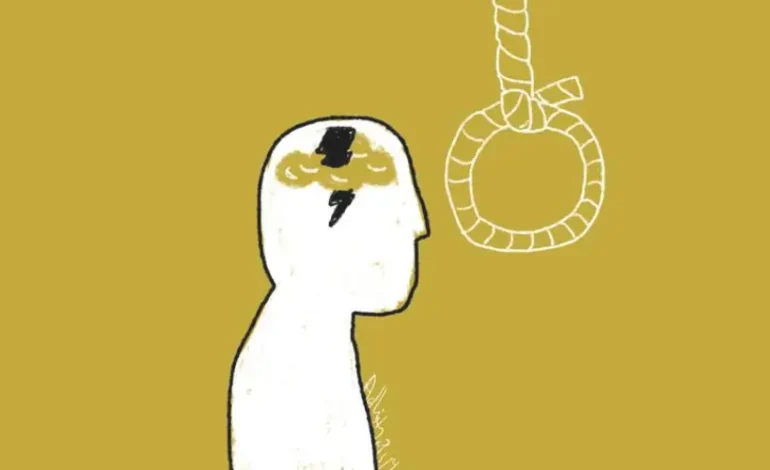The Fallacies in Comparing Women to Candies (or Gadgets)

As globalization took place and the proportion of world’s male and female population began to even out, women toke more significant roles in society. The concept of gender equality grew stronger. The young generations with globalized perspective began to leave the old patriarchal ways behind.
Not fast enough in Indonesia, unfortunately. Patriarchy still exists in almost every culture in this country. It is rooted deeply in our traditions, and even though the world has been slowly changing, we still see evidence of misogynic traits in our society.
One that cannot be easily ignored is the objectification of women. Many Indonesian men and women still view female as a fragile creature that has to be protected by the male sex. Many of us believe that God created women to be beautiful and appealing, therefore women have to wear modest clothes to cover their beauty, so as not to “tempt” men with their “advantage”.
Giving women the “privilege” of these so-called “gifts” results in female being the gender that is expected to watch its behavior, and burdening women with the responsibility of the actions and behavior of their opposite sex.
Take for example, the metaphor of candies and mobile phones. I once read an article in which women are compared to candies. In the article the writer argued, “If you were to buy candies, would you prefer the ones that are still wrapped or the ones that have already been unwrapped?”
Another article made a similar comparison, “If you were to buy a mobile phone, would you choose a brand new one or a second-hand one?” These examples were meant to tell women to let no one touch them before marriage. It’s a reminder for all women to preserve their “purity” until after marriage.
Though at a glance the statements seem logical, I cannot help but notice a huge flaw in their logic. Candies and mobile phones are stuff, goods, objects, while women are human beings. Candies and mobile phones are personal belongings – women are not. Candies and mobile phones have no right to have an opinion; women do. Candies and mobile phones can be bought; women can’t. Not only that the comparisons are not apple-to-apple, they are also degrading to women.
It is sad that many men and even women agree with these arguments. It is even sadder to see women believing these kinds of examples elevates their gender. They’re not. They’re products of the misogynic culture that objectifies women, and it has succeeded in doing so big time.
I was a misogynist too. I thought women should do this and that, be this and that, simply because they’re women. I used to judge women harsher that I did men, simply because I expected women to behave the way the system taught me to think. And as a result, I did judge myself hasher than I judged my opposite gender.
Gender equality isn’t an uncommon term in Indonesia, yet patriarchy is too deeply rooted in our culture that many still believe that a man has to perform manly duties and has masculine behavior and a woman has to perform womanly duties and has feminine behavior both because of their genders. It’s never about choices.
Then I met a person who changed me a lot. Being from a different culture, he is a more feminist than I was. He showed me how it felt as a female to have an opinion that mattered and to see my decisions as important. Although I already knew how it felt when my opinion and decisions were appreciated by others, it was usually because of my age or my job or my position, rarely because of my gender.
At first it felt alien to me. It feels strange to be with a man who sees you as his partner and treats you as an equal, and it’s wonderful. Don’t get me wrong; I still enjoy modern chivalry, and I still go “ooh” and “aah” whenever a man opens the door or gives a seat for me. I have a weak spot for gentlemen; I am just enjoying not being judged and treated differently merely because of my gender.
I do realize that the ancient masculine traits that put men as hunters and the ancient feminine traits that make women gatherers and nurturers cannot be easily dissolved, but I now realize that masculine traits aren’t necessarily exclusive for men, and that feminine traits aren’t necessarily exclusive for women. There should not be exclusive roles for all genders in society. Every person should be free to develop his/her own masculine and feminine traits.
A woman can play feminine or masculine roles, and so can a man; a woman can stay at home or be the breadwinner, and so can a man. The point is it must be one’s own choice, because freedom of choice for everyone is the highlight of gender equality.






















